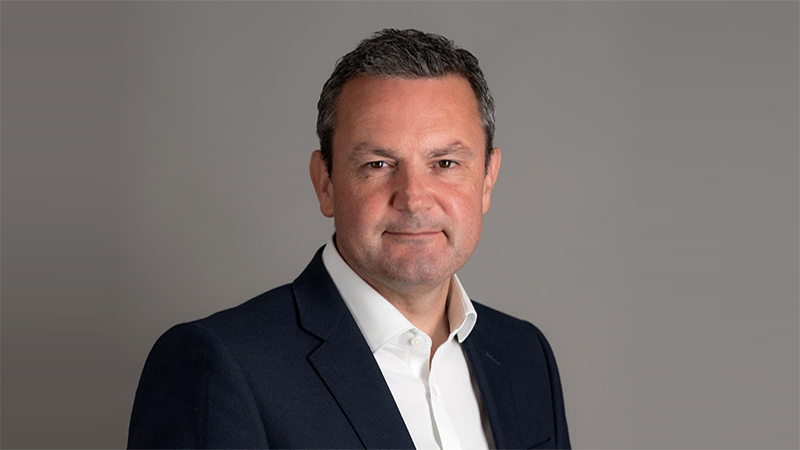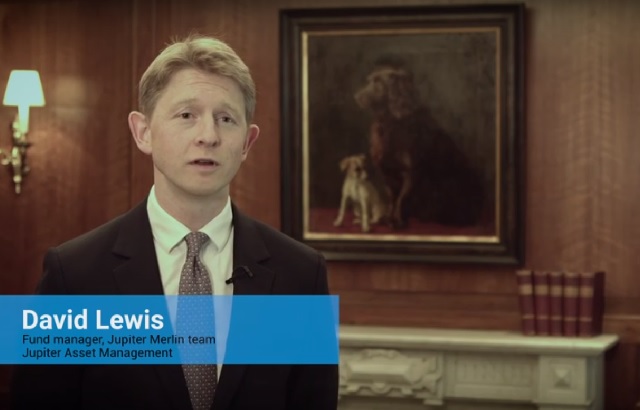LSEG report: Most active funds are underperforming their benchmarks
Only 35% of active funds beat their benchmark over the past 12 months, and ESG portfolios were even worse off

Only 35% of active funds beat their benchmark over the past 12 months, and ESG portfolios were even worse off

Distribution Alpha’s founder Rob Thorpe questions the focus of passive providers on ‘consistently’ in active management

As it moves range towards a 70/30 split in favour of active over passive

Approaches to management aren’t ‘black and white, but involve shades of grey’

Industry views diverge on how investors can best shield themselves from market volatility

Jupiter’s David Lewis answers the critics, and explains the economic signals for 2020

Passive funds will survive and generate a return in excess of their average active peers

Cheapest US equity funds have produced better returns compared to pricier active peers, according to Morningstar

Global financial advisers have backtracked on plans to decrease their active exposure, instead marginally increasing allocations, according to a survey by Natixis Investment Managers.

The active versus passive debate could be history by 2025, according to Blackrock’s Joe Parkin.

Active funds remain advisers’ top product of choice when building portfolios after research found more than half invested less than 20% of client money into passive funds.

Europe’s passive funds will be given a boost in 2018 at the expense of active funds thanks to Mifid II’s drive for transparency on costs, according to research firm Cerulli Associates.